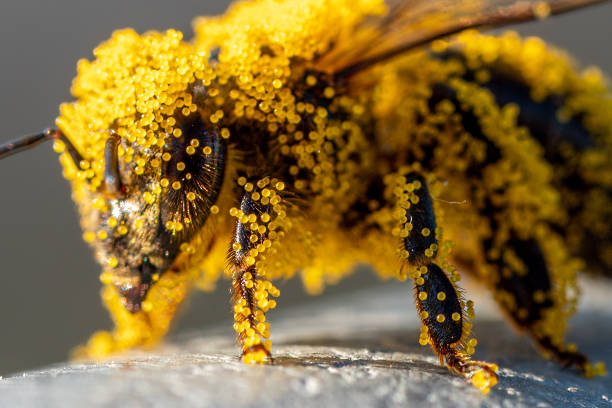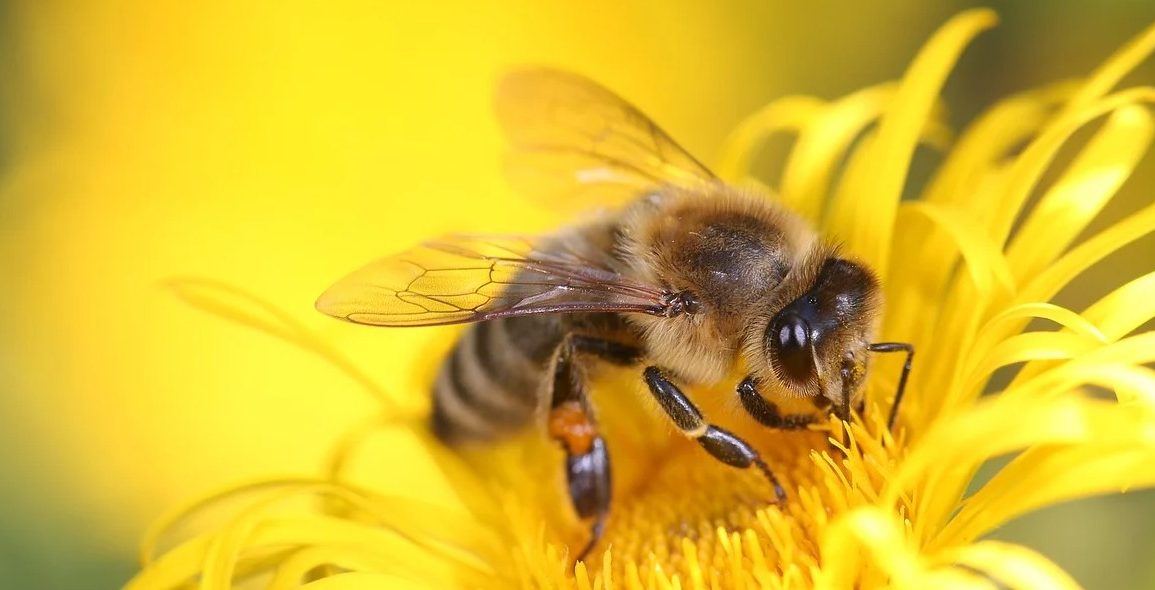A recent study by researchers at the University of Illinois Urbana-Champaign has highlighted the critical role of nutrition in enhancing honey bee resilience against multiple stressors, including nutritional deficiencies, viral infections, and pesticide exposure.
Published in Science of the Total Environment, the findings provide vital insights into the challenges faced by honey bees, a key species in global agriculture.
Led by graduate student Edward Hsieh and entomology professor Adam Dolezal, the research stands out by examining the interplay of all three stressors simultaneously, a departure from most studies that typically focus on just one or two. “Multiple stressors are often detrimental to survival, but the context is crucial,” Hsieh noted.
The study involved experiments with honey bees exposed to various dietary, viral, and chemical treatments, including different agricultural pesticides and the Israeli Acute Paralysis Virus, known for contributing to bee colony collapses.

Researchers discovered that bees fed on high-quality natural pollen exhibited greater resilience when faced with these stressors compared to those on artificial diets.
Interestingly, while exposure to the virus and pesticides significantly increased mortality rates, providing bees with better nutrition led to more favorable outcomes.
Dolezal emphasized that bees possess an inherent ability to cope with stress when their nutritional needs are met, highlighting that lower pesticide exposure can sometimes bolster their defenses against pathogens.
The researchers caution, however, that this does not diminish the risks posed by pesticides. “Different pesticides have varying effects, and exposure to any level of pesticide can be harmful,” Dolezal warned.
The study concludes that while high-quality habitat near agricultural areas is beneficial for bee health, addressing pesticide use remains essential to ensuring the survival of these crucial pollinators.
Supported by the Foundation for Food and Agriculture Research and the North American Pollinator Protection Campaign, this research underscores the importance of integrated strategies for bee conservation.

